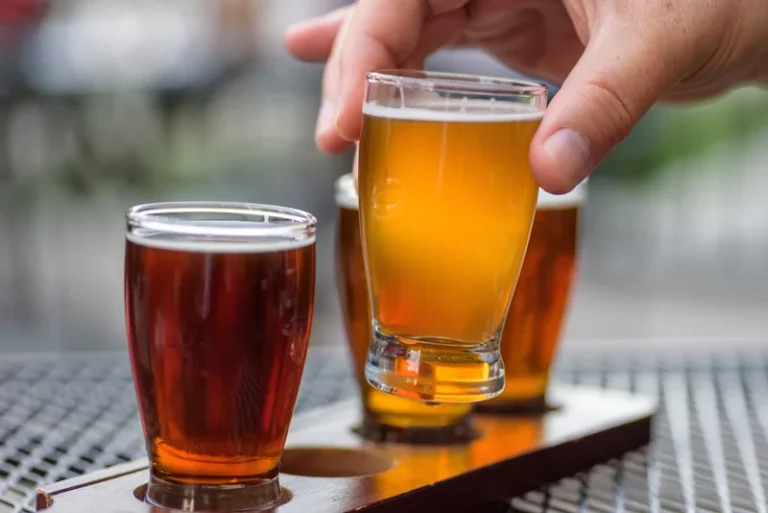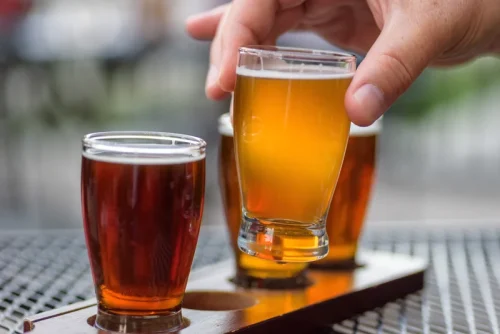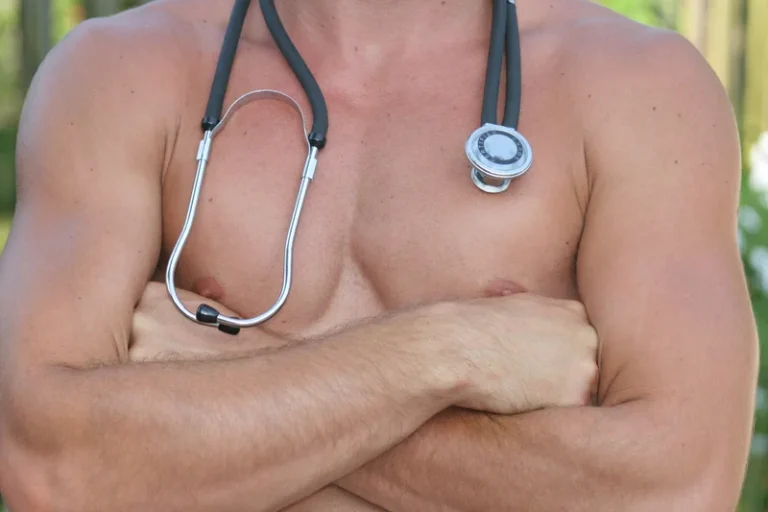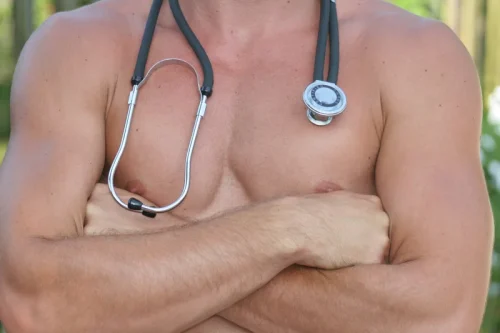
It’s a spectrum of drinking behaviours that encompass everything from occasional binge drinking to daily consumption that negatively impacts one’s life. Research shows that people with PTSD are around four times more likely to https://ecosoberhouse.com/article/10-best-alcohol-addiction-recovery-books/ be affected by alcohol use disorders than the general population. Going through a trauma—whether or not you develop PTSD—can lead to alcohol use problems. Up to three quarters of people who survived abuse or violent traumatic events report drinking problems.

The Link Between Alcohol Misuse and PTSD

These questions, and others, should be addressed by further research to ultimately minimize the harm experienced by the millions of individuals who experience AUD and PTSD. Unlike AUD, PTSD has only been included in the DSM since the third edition. Having PTSD and drinking to excess may be a form of avoidance symptoms. Someone with PTSD may experience mood swings or an overall depressed mood. Drinking alcohol, especially to excess, is likely to have similar effects on mood. Someone who experiences changes in mood or depressed feelings when drinking alcohol in addition to PTSD symptoms may be more likely to continue to drink excessively.
- Three studies have evaluated medications that were hypothesized to treat both disorders.
- Subjects in this study were 88 outpatients, with PTSD and current AD; they were mostly male (90%) veterans with an average age in their mid-40’s.
- It may be especially challenging to mention treatment with a PTSD alcoholic spouse because they are a husband or wife, not their disease but by showing care and compassion, you could provide the motivation necessary to begin treatment.
- The experts at The Recovery Village offer comprehensive treatment for substance use and co-occurring disorders.
- Research on the connection between alcohol and PTSD dates back 40 years and has consistently found that alcohol use disorder (AUD) is much higher among people with PTSD diagnoses than those with no PTSD symptoms.
- Research shows that people with PTSD are around four times more likely to be affected by alcohol use disorders than the general population.
Medications targeting Alcohol Use Outcomes
You may drink because you think using alcohol will help you Alcoholics Anonymous avoid bad dreams or how scary they are. Yet avoiding the bad memories and dreams actually prolongs PTSD—avoidance makes PTSD last longer. You cannot make as much progress in treatment if you avoid your problems. Danish and Nordic studies showed that women were most susceptible to PTSD in their early 50s, while men were most vulnerable to the condition in their early 40s.
- Effective treatment for PTSD focuses on going back to the original trauma and reliving and processing it in a safe environment.
- Thus, a person with higher PTSD symptoms may recall a relatively minor incident that occurred after a single drink (e.g. an argument) as more distressing or problematic than someone with lower levels of PTSD.
- Further research should include consideration of coping mechanisms in order to increase our understanding of alcohol use and treatment in the context of PTSD.
Who is most likely to try nicotine replacement therapy while in addiction treatment?
Also, alcohol-related problems were assessed with a single item that asked about participants’ subjective experience of problems rather than the number of problems or specific types of problems. Given that this measure did not specify whether problems were due to active use or due to withdrawal, a more detailed measure of alcohol-related problems should be included in future studies. Measures also did not include consumption of other illicit substances, such as marijuana, opiates, cocaine, and methamphetamines.
Daily associations between PTSD, drinking, and self-appraised alcohol-related problems

This commitment to a regular sleep schedule not only helps re-establish healthy sleep patterns but also communicates to yourself that you are a priority. Begin by reflecting on the times when you would typically turn to alcohol. Whether it’s every weekend or more frequently, consider alternative plans to disrupt this habit cycle. Simple activities like going for a walk, calling a friend, or engaging in journaling or reading can be excellent ptsd alcohol blackout substitutes. By retraining your brain to embrace positive actions during these times, you pave the way for healthier habits. SoberBuzz founder, Kirsty, has been journaling her gratitude every day since she stopped drinking, and she attests that it’s the most powerful tool for self-care and self-compassion.
